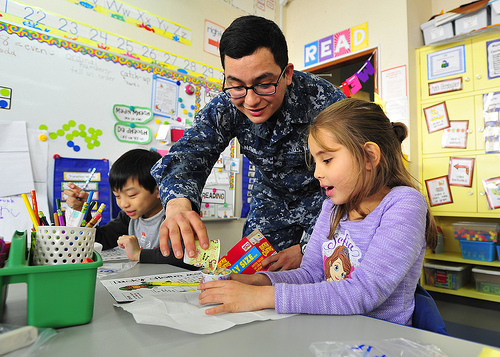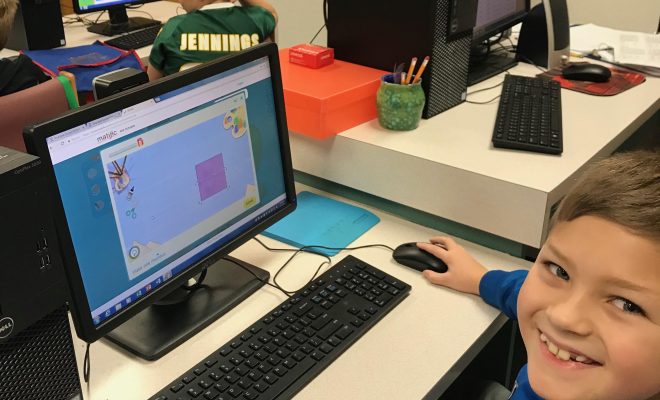Proven learning zones for every classroom

Your classroom isn’t just a classroom.
It’s a creative space waiting to come to life.
Teaching is more than knowing your content area, the standards and testing, and how you’ll teach everything your students need to know. Teachers have to be master planners who recognize how classroom design can frustrate kids and create behavior problems or inspire collaboration and synergy among students.
Your room design must be conducive to the fluid and seamless transitions you’ll initiate every day. Your willingness to organize your classroom effectively will keep you at the top of your teaching game throughout the year.
Learning zones you’ll need
The cache
Where will you keep the supplies your students need for class? Students need access to pens, pencils, scissors, highlighters, sticky notes, hand sanitizers, tissues, and more. Some teachers keep the supplies and materials on a shelf or in a cabinet. Other use plastic bins that can be distributed throughout the classroom to other learning zones.
Inspiration station
Ignite ideas and creative thinking by storing manipulatives, games, paints, glitter, glue, magazines, and books in the same area. Everything craft-related goes here. Create a bulletin board nearby to showcase examples of inspired student work. Some teachers call this a maker space.
Personal space place
Kids know when they need to take a time-out or just need a few minutes to distress and rejoin the group later. Design single-space seating away from the hub of classroom activity. Provide earphones or a portable study carrel. Include a timer so students can self-monitor their time and make their way back to the group when ready.
Exchange range
Your students need an area in the classroom where they can exchange ideas. For younger students, this might be a learning carpet, and for older students, consider how they will collaborate and what they’ll need to do it with. Think digital media, tables for projects, and shared responsibility. It’s all about the teamwork.
The teacher space
Some teachers do away with the traditional teacher’s desk. If you decide you don’t want a desk, you’ll still need a space for your personal items. Lock up your purse, briefcase, medication, car keys, and mobile phone. You’ll need a spot for grading and conferencing, too. Some teachers display their diplomas and teaching credentials.
Older students benefit from learning zones, too
Classroom learning zones aren’t just for elementary students. Middle and high school students also enjoy access to a variety of learning zones in the classroom.
Your attention to their needs says you respect and trust your students. The furnishings you select matter. Include flexible design seating arrangements that allow students to socialize and collaborate on their work, but don’t be afraid to include some of the other learning zones, too.
Function first, then form
American architect Louis Sullivan said, “Form ever follows function.” Like many other architects, Sullivan insisted that design should be the result of purpose. Physical spaces develop from how people use them. It’s never the other way around.
Developing learning zones in the classroom must also follow function. Only when you determine what will happen in your classroom can you begin to execute the design of each area.
Wait to arrange your flexible seating or private reflection spaces until you know which learning zones you plan to incorporate in your room.






